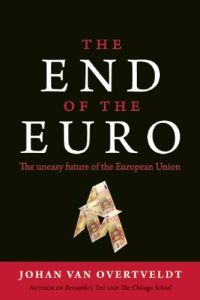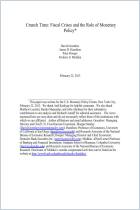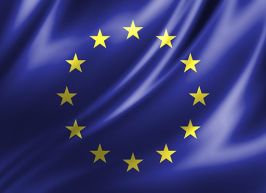
The End of the Euro
The uneasy future of the European Union
Recommendation
As the economic crisis in Europe reverberates from country to country, you might wonder how it will all end. Belgian journalist Johan Van Overtveldt says it inevitably will end in tears. The title of his book may give away the author’s conclusion, but, before he convinces you of his prognostication, he carefully lays out the reasons for the founding of the European Union and explains how well-intentioned but shortsighted politicians set a plan in motion that was doomed from the start. He spares no one in his scathing assessment of the mishandling of the crisis that began in 2009, but he assigns particular fault to European leaders’ inability to put aside nationalist interests for the sake of the union. If you wish to understand more deeply what’s happening to the euro, getAbstract recommends reading this sobering but realistic appraisal of Europe’s present and future.
Summary
About the Author
Johan Van Overtveldt, a PhD in “applied economy,” is editor in chief of the Belgium business magazine Trends and the former General Director of the Belgium economic think tank VKW Metena. He also wrote The Chicago School: How the University of Chicago Assembled the Thinkers Who Revolutionized Economics and Business.




















Comment on this summary or Comenzar discusión